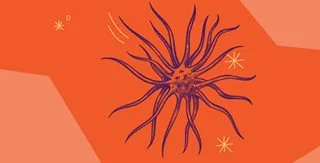
Alcohol and cancer
Drinking alcohol, even in small amounts, increases your risk of cancer. The risk of cancer increases with the amount you drink.
The Alcohol. Think Again ‘Spread’ campaign was re-launched in October 2020 and is a joint initiative between the Mental Health Commission and Cancer Council Western Australia.
The ‘Spread’ campaign was initially developed in 2010 by the former Drug and Alcohol Office. Following its launch in Western Australia in 2010, the ‘Spread’ advertisement received international recognition for its ability to achieve behaviour change. An independent study in 2018 compared 83 alcohol education ads from around the world and found that ‘Spread’ was the ad most likely to motivate drinkers to reduce their alcohol use. 4
The ‘Spread’ campaign aims to reduce alcohol use by increasing awareness of alcohol-caused cancer. The campaign focuses on the theme that alcohol causes cancer, including in the breast, liver, mouth, throat and bowel; and every drink increases a person’s risk of developing alcohol-caused cancer.
Adults within Western Australia aged between 25 to 54 years.
*High risk drinkers are defined as those who drink above the current National Health and Medical Research Council (2009) Australian Guidelines to Reduce Health Risks from Alcohol, for single occasion and lifetime harm
Page last updated7 August 2023